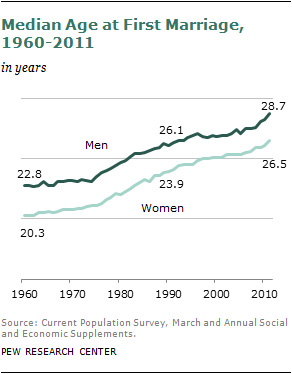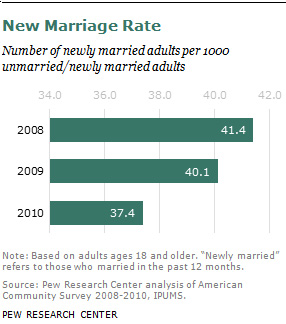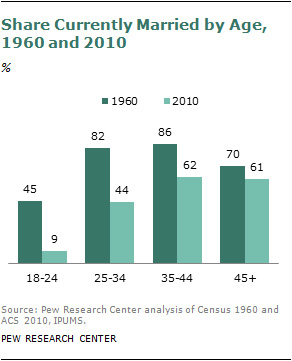“Clearly encouraging,” the nation’s prime minister, Mariano Rajoy, said of the development.
Never mind that nearly five million people in Spain are out of work. The latest unemployment report from the government, issued on Tuesday, was held up by Mr. Rajoy as a sign that maybe, just maybe, the economy is getting better.
Nearly six years after the financial crisis in the United States spread across the Atlantic, plunging Europe into recession and, in some places, desperate depression, “good” is relative. Economic figures that would be considered disastrous elsewhere are being held up by many politicians and policy makers as really not so bad at all — the first tender shoots of a recovery that is out there somewhere.
Or perhaps not. Politicians everywhere rarely tire of talking up the economy. The question is whether the supposed good news that European leaders are trumpeting is merely convenient cover. The risk — not only to Europe, but to the rest of the world — is that they are simply hoping they have done enough to restore growth, and that the hard decisions some say must still be made can be pushed into the future.
On Thursday, the European Central Bank left interest rates unchanged, defying calls for bolder action. Even so, Mario Draghi, the president of the bank, highlighted the potential “downside risks surrounding the economic outlook for the euro area.”
What few politicians acknowledge publicly is that many of the steps that economists say must still be taken are surefire vote-losers. Liberalizing rigid labor markets, for instance, might spur growth and help young people break into the work force. But it would surely alienate voters who end up losing jobs they thought they had for life.
“Policy makers have a strong interest in the current strategy’s appearing to work,” said Simon Tilford, chief economist at the Center for European Reform in London. “Even the faintest glimmer of hope is interpreted as a sign of recovery.”
Mr. Tilford said Europe was trapped in a Japanese-style malaise. “There’s a surreal debate going on that if we don’t do A, B or C there’s a risk Europe will be like Japan,” he said. “If you look at the data for the last six years, Europe is already worse.”
The danger is that a sense of economic decline has become so ingrained that mediocrity is mistaken for excellence and the status quo marketed as a forward march. Germany, the economic envy of Europe, is expected to grow a mere 0.3 percent this year — a blistering pace only by the new standards of underachievement.
Financially, Europe looks less risky than it did a year ago, when fear was rampant that the euro might fall apart. Bond markets have calmed down. Unemployment is declining, albeit very slowly, in a few countries like Spain and Ireland.
During a visit to Athens last week, the Dutch finance minister said he detected “the first signal of a turn in the economy.” Then, on Wednesday, news arrived from Brussels that the Greek economy was indeed getting better. It shrank by only — only — 5.3 percent in the first three months of the year. That was in fact an improvement: it had contracted 5.7 percent the previous quarter.
The financial markets, which have bounced back from their lows, don’t fully capture the economic pain many Europeans feel. That is because financial markets ride on hope and look forward, not back. Germany’s benchmark DAX index of stocks, for instance, has risen 39 percent in the last year, even though that nation’s economy, while strong for Europe, is hardly humming along. On Thursday, European stocks were off just modestly, despite the weak outlook from the E.C.B.
As worries continue about the long-term future of Europe and its currency, the euro, some analysts worry that the good news, such as it is, might be too good. Signs of growth could prompt a sell-off in European bond markets, driving up interest rates at a time when economies are still fragile.

Article source: http://www.nytimes.com/2013/06/07/business/economy/euro-zone-leaders-hail-even-weak-economic-news.html?partner=rss&emc=rss


